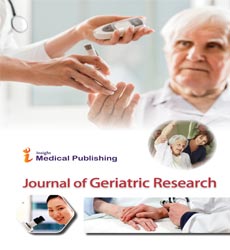Canthestrokeimpact scale3.0detectcognitiveimpairments inpatientswitha recent stroke?
Abstract
The aim of this study was to identify cognitive impairments in patients with a recent stroke using Stroke Impact Scale 3.0 (SIS). [Participants and Methods] A retrospective cohort study was conducted to evaluate 50 medical records in patients with a recent stroke who have completed a stroke rehabilitation programmed. All data were evaluated at St. Finbarr’s Hospital in Cork, Ireland. [Results] A total of 41 records met the inclusion criteria, of which 53.7% were male. Regarding the risk factors, most patients complained of hypertension (85.4%), as persistent problems with memory (36.6%), concentration (29.3%), and solving everyday problems (43.9%). In addition, some patients’ responses were negative regarding their emotion such as feeling sad (51.2%), not enjoying. Things as much as ever (39%), feeling life is not worth living (85.4%) and not smiling or laughing at least once a Day appropriate rehabilitation can be provided. Cognitive impairment can occur in any cognitive domain after a stroke, such as the executive function, memory, language, visuospatial ability, visuoconstructional ability, and global cognitive function. Post-stroke cognitive impairment is common and can play a major role in hindering the recovery of function and return to the pursuit of routine activities1) Furthermore, it occurs regardless of country, race, and diagnostic criteria used2) For example, a study conducted in the United Kingdom by Patel etal.3) showed that there was cognitive impairment after stroke in 39% of patients at three months.
Open Access Journals
- Aquaculture & Veterinary Science
- Chemistry & Chemical Sciences
- Clinical Sciences
- Engineering
- General Science
- Genetics & Molecular Biology
- Health Care & Nursing
- Immunology & Microbiology
- Materials Science
- Mathematics & Physics
- Medical Sciences
- Neurology & Psychiatry
- Oncology & Cancer Science
- Pharmaceutical Sciences
